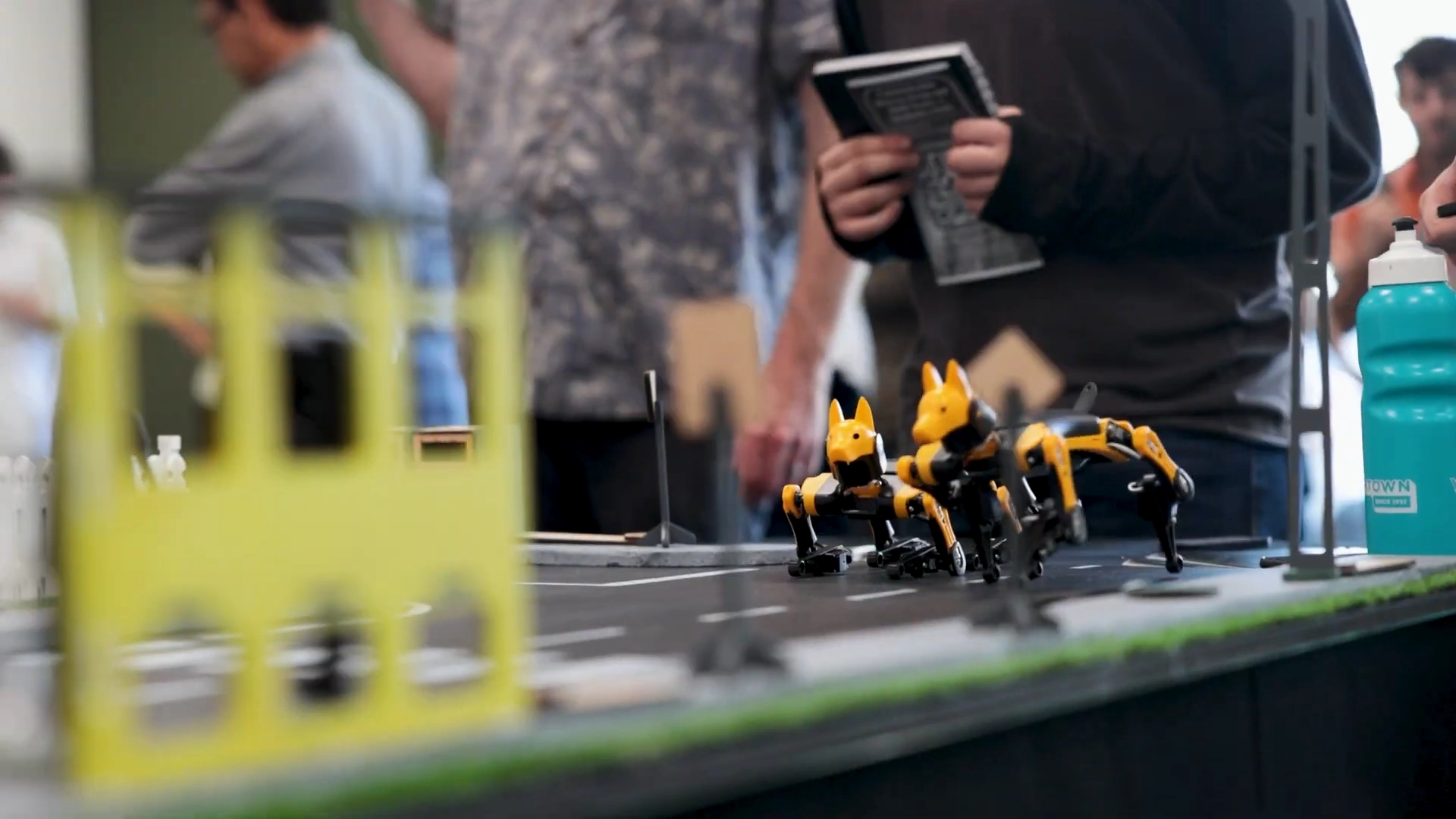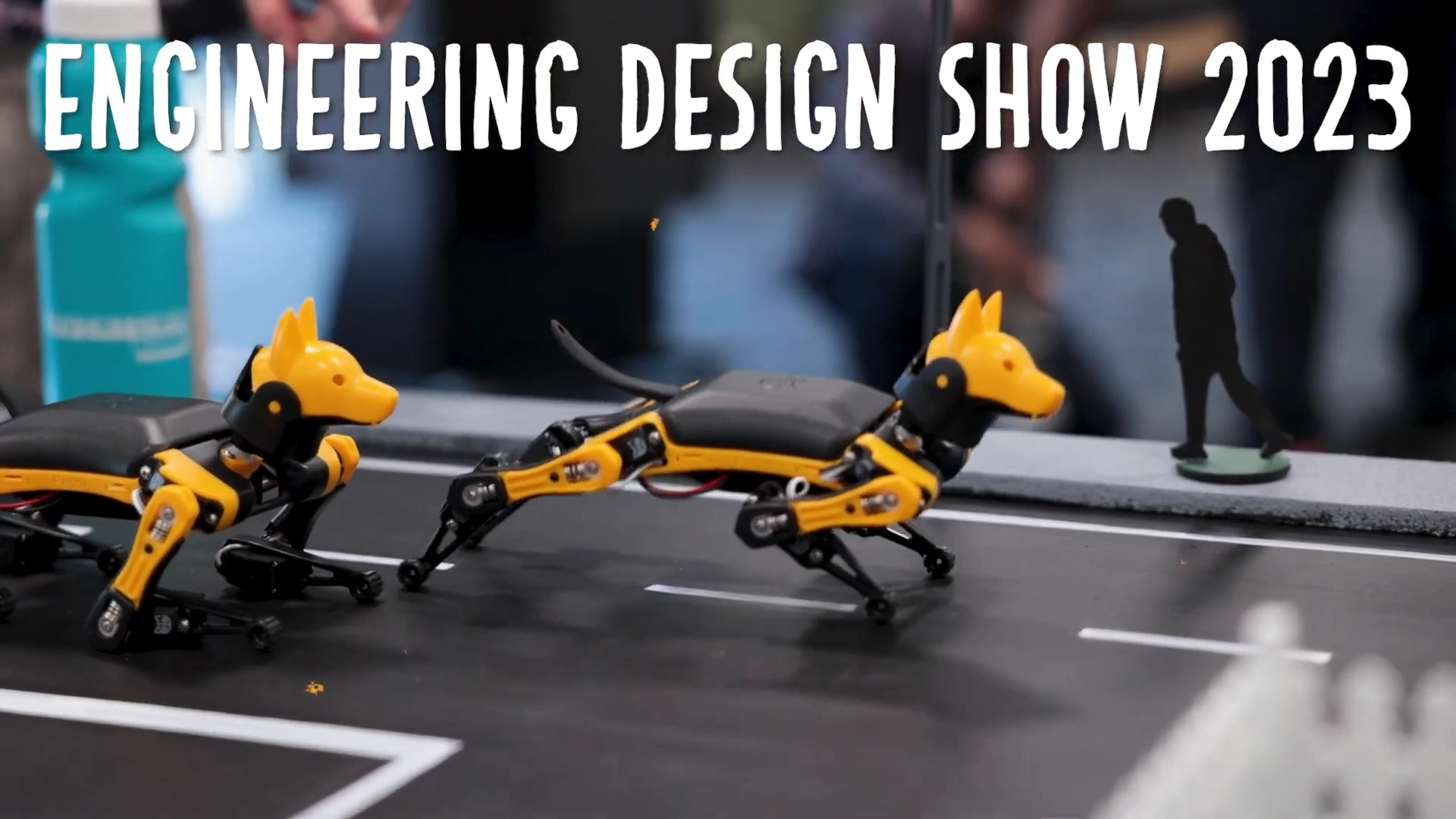Family footsteps to engineering excellence: Shermi Perera graduates with honours
Bachelor of Engineering graduate, Shermi Perera, is working at Beca in Dunedin, engaging in diverse engineering projects aimed at enhancing water resource management.

At Waikato, we offer a full-range engineering programmes including civil, mechanical, chemical, and electrical engineering. These programmes are internationally accredited through the Washington Accord and recognised around the world.

The annual Waikato Engineering Design Show celebrates the fine achievements of our undergraduate professional engineering students. The event is open to the public and a great opportunity to see some cutting-edge tech in action.


If you're passionate about engineering but do not quite meet the BE(Hons) entry requirements or want a refresh of NCEA Level 3 maths and physics, join us for the Engineering Jump Start programme from late January on the Hamilton campus.

Waikato offers a unique opportunity for students to gain engineering expertise and business acumen through the Diploma in Engineering Management alongside their BE(Hons), preparing them for top management roles in industry.

Find out more about the scholarships we have available.
You’re currently viewing the website as a domestic student, you might want to change to international.
You're a domestic student if you are:
You're an International student if you are: